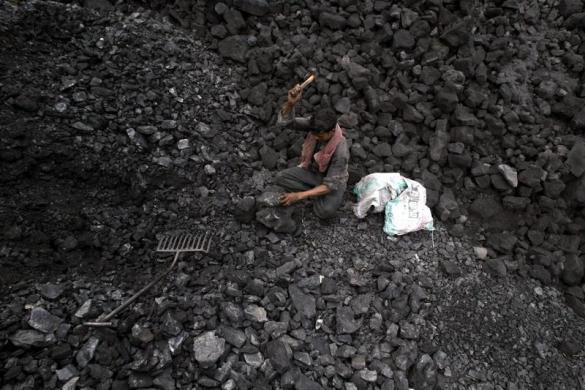There could be as many as 13,000 victims of modern slavery working in the UK, a figure much higher than previously thought, the Home Office has admitted.
Victims include immigrants trafficked from countries such as Albania, Nigeria, Vietnam and Roman – although up to 100 nations are thought to be involved, aided by the EU’s open borders policy – as well as British-born people. They are forced mainly into prostitution, kept as domestic staff without pay or used as labourers at farms, factories and fishing boats.
The 2013 figures are the first time the Home Office has made an official estimate of the problem. Figures by the National Crime Agency’s Human Trafficking Centre last year put the number at just 2,744.
There is currently a Modern Slavery Bill before parliament that will give courts greater powers to protect people believed to trafficked into Britain against their will, but due to the devolution settlement it will only apply to England and Wales. Scotland and Northern Ireland are thought to be planning similar measures.
If passed into law, the bill will require businesses over a certain size to disclose what measures they are taking to ensure there are no slaves working in their supply chains, including in foreign sweatshops.
Commenting on the report, Home Secretary Theresa May said that the “grim reality” was that slavery still exists in Britain.
“The time has come for concerted, co-ordinated action. Working with a wide-range of partners, we must step up the fight against modern slavery in this country, and internationally, to put an end to the misery suffered by innocent people around the world,” she said.
MP Karen Bradley, who serves as Minister for Modern Slavery and Organised Crime, told the BBC: “This is very much a hidden crime and the important thing is that we get it out in the open. If we compare where we were 200 years ago, the anti-slavery campaigners there had to make people acknowledge that slavery was wrong.
“What we have to do today is not make people acknowledge it’s wrong – everybody knows it’s wrong – but we have to find it.
“It’s a hidden crime, it’s going on in streets, in towns, in villages across Britain and we need to help people find the signs of it so we can find those victims and importantly then find the perpetrators.”

COMMENTS
Please let us know if you're having issues with commenting.